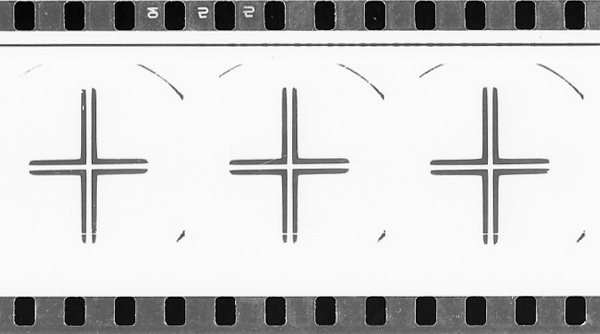Un Chant d'Amour

Synopsis
Jean Genet wrote and directed his only film, Un Chant d'Amour, in 1950. Set in a French prison, this silent, poetic, and intensely physical vision of homosexual desire reveals the recurrent themes that unite Genet's work and the cinematic techniques – of collage, flashback and close-up – which he adopted to his novels, plays and poetry. Shot on 35mm by an established cameraman and professional crew, the cast was chosen by Genet from his circle of Montmartre associates and lovers. Initially, Genet and his circle were pleased with the film, but he later denounced it and refused the prize for 'Best New Film' of 1975 awarded by the Centre National de la Cinématographie. Author Edmund White, in his Preface to Criminal Desires: Jean Genet and Cinema by Jane Giles (Creation Books, 2002), comments:"His rejection of Un Chant d'Amour may have its roots in his fear that unlike his first novel Our Lady of the Flowers it was merely pornographic. Certainly by the time he denounced it definitively in the 1970s he had written several other film scripts, and his ideas about cinema as an art had evolved.
The subject of ceaseless controversy and international censorship, Un Chant d'Amour was unseen for many years yet has influenced a generation of filmmakers, becoming a cause celebre of gay rights and freedom of expression, as well as being recognised as a masterpiece of underground cinema in its own right."
"A huge influence on modern gay filmmakers, Un Chant d'Amour was made in 1950 by Jean Genet – his only film. It's a silent, sensual and poetic fantasy set in a French prison. Genet's troubling and erotic images steered the film into a history of controversy and censorship… Henri Langlois gives Un Chant d'Amour its public premiere at the Cinémathèque Française in 1954 screening a version cut of its sexually explicit material. But as its producer Nico Papatakis points out: 'Even if the film did not contain erotic sex scenes, it was in every way a gay love story, and therefore scandalous and subject to censorship.' Un Chant d’Amour was generally unavailable for public viewing in France for the following twenty years… A screening in New York in March 1964 was raided by the police, who brutalized the organiser Jonas Mekas, imprisoning him and informing him that he deserved to be shot in front of the cinema screen for 'dirtying America'. The New York case against Un Chant d'Amour was eventually dismissed, but not before it had drained its defendants of thousands of dollars… Un Chant d'Amour premiered in London in February 1971 and has since been shown regularly and widely without censorship on the experimental, art and repertory circuits throughout the U.K. However, in early 1989 Hull town council refused its Film Theatre permission for a screening. The councillors chairman felt that it would be equally offensive to both homosexuals and heterosexuals, and stated: 'If any ordinary member of the public came to see it I think they would be shocked and offended, the Film Theatre leaflet says it is poetic, but I didn’t see anything poetic about it'" – Extract from Jane Giles, The Cinema of Jean Genet
Special Features
- Commentary by writer Jane Giles and film-maker Richard Kwietniowski (Love And Death In Long Island)- Biographies of Jean Genet and Simon Fisher Turner